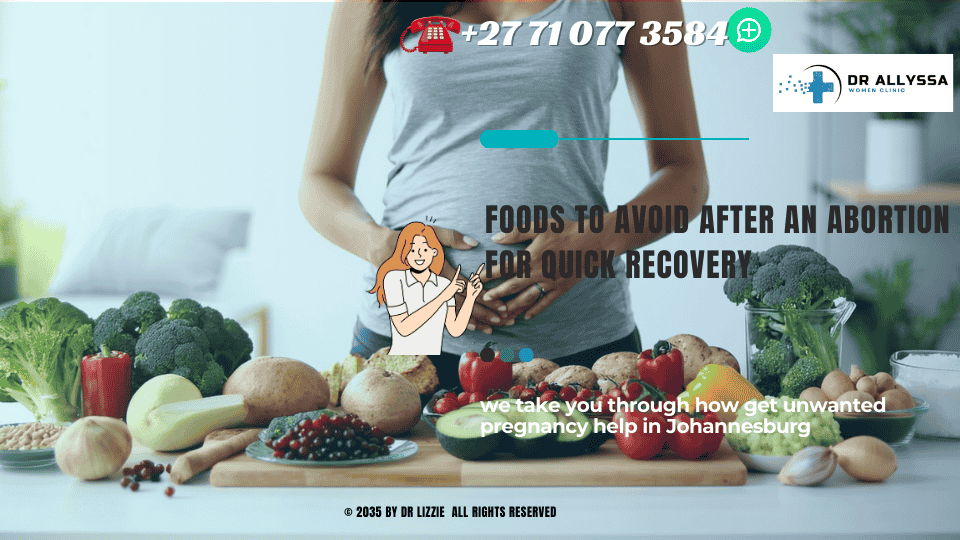Navigating your post-abortion recovery can be challenging, especially when it comes to resuming...
Foods To Avoid After An Abortion For Quick Recovery

Navigating post-abortion recovery can be challenging, and the right dietary choices play a crucial role. Discover the foods to avoid to ensure a speedy and healthy recovery.
Why Diet Matters After an Abortion
After an abortion, your body undergoes significant changes and needs time to heal. Proper nutrition is essential during this recovery period as it can help replenish lost nutrients, support immune function, and promote tissue repair. The right diet can also help manage any side effects or discomfort you might experience post-procedure.
Consuming the wrong types of food can hinder your recovery, increase inflammation, and disrupt hormonal balance. Therefore, understanding which foods to avoid is just as important as knowing which foods to include in your diet.
Inflammatory Foods to Steer Clear Of
Inflammation can delay healing and exacerbate discomfort after an abortion. Certain foods are known to trigger inflammation and should be avoided. These include red and processed meats, fried foods, and foods high in trans fats. Additionally, refined carbohydrates such as white bread, pastries, and sugary cereals can contribute to inflammation.
Instead, focus on anti-inflammatory foods like leafy greens, berries, and fatty fish, which can help reduce inflammation and support your body's healing process.
Foods That Can Disrupt Hormonal Balance
After an abortion, your body will be working to restore its natural hormonal balance. Some foods can interfere with this process. Soy products, for example, contain phytoestrogens that may disrupt your hormone levels. Similarly, excessive consumption of caffeine and alcohol can interfere with hormonal regulation and should be limited or avoided.
To support hormonal balance, consider incorporating foods rich in omega-3 fatty acids, such as flaxseeds and walnuts, and ensure you're getting enough vitamins and minerals through a balanced diet.
Avoiding Processed and Sugary Foods
Processed and sugary foods offer little nutritional value and can lead to spikes in blood sugar levels, which might impact your energy and mood during recovery. These foods can also contribute to weight gain and other health issues if consumed in excess.
Opt for whole, unprocessed foods such as fruits, vegetables, whole grains, and lean proteins. These foods will provide the necessary nutrients to support your recovery and overall well-being.
Hydration and Foods to Support Healing
Staying hydrated is crucial for recovery. Water helps transport nutrients throughout your body, supports digestion, and improves your energy levels. Aim to drink at least 8-10 glasses of water a day. Herbal teas and broths can also be beneficial.
In addition to hydration, focus on nutrient-dense foods that support healing. Foods rich in vitamin C, such as citrus fruits and bell peppers, can boost your immune system. Protein sources like chicken, fish, and legumes are vital for tissue repair.
.png?width=200&height=65&name=Untitled%20design%20(68).png)

.png?height=200&name=Common%20Side%20Effects%20of%20First%20Trimester%20Abortion%20(1).png)
.png?height=200&name=Woman%20Thinking%20of%20Taking%20Termination%20Pills%20that%20Work%20Effectively.%20(2).png)